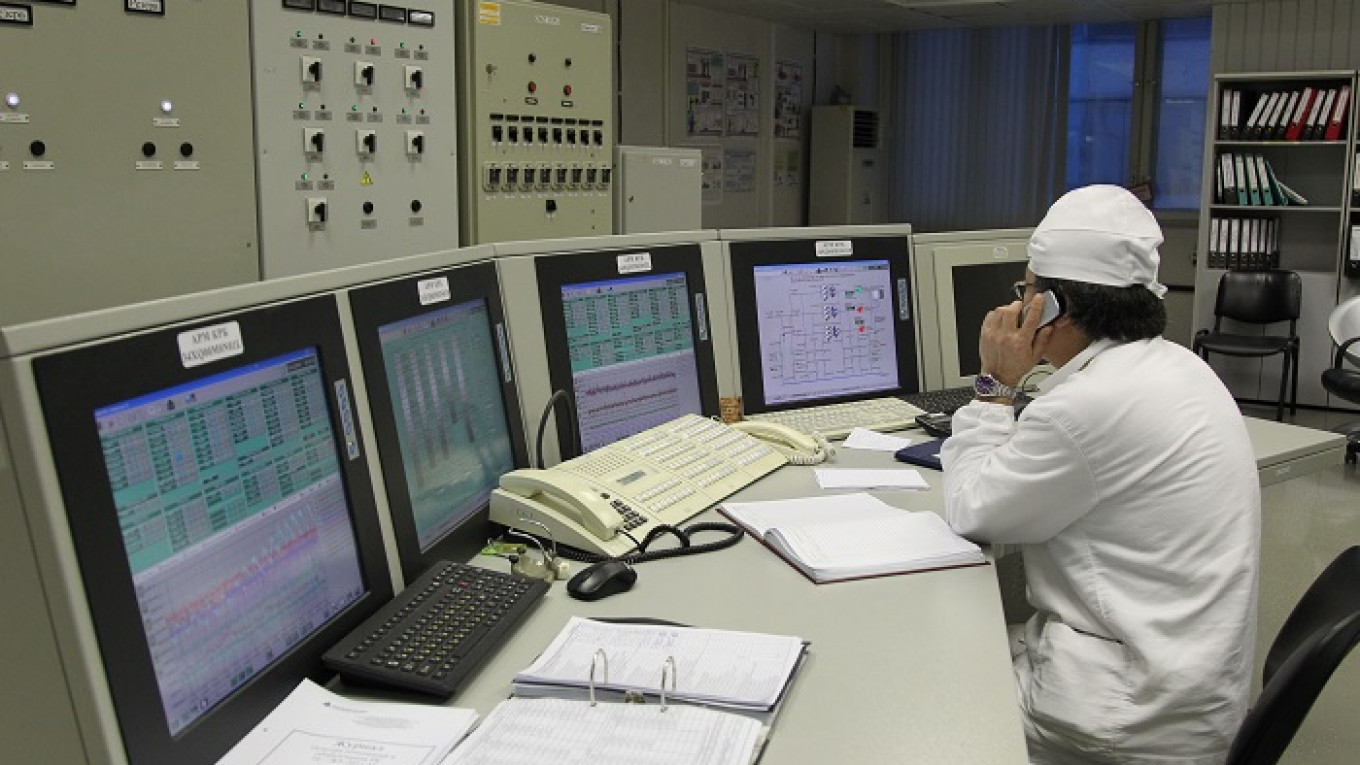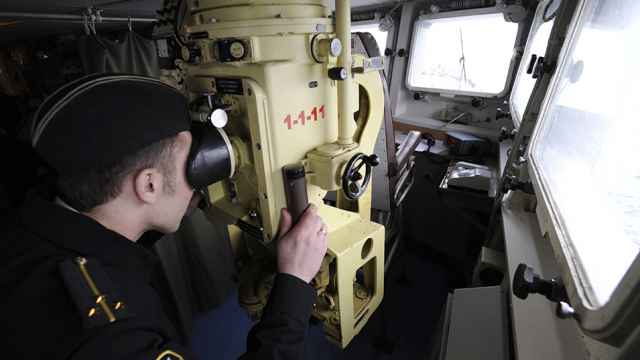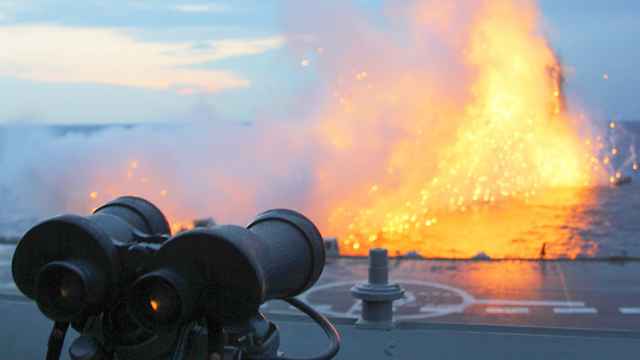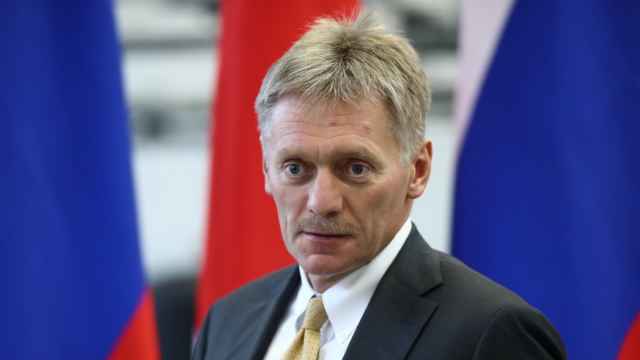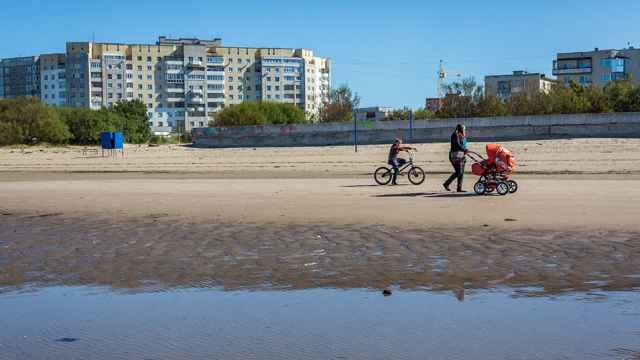Four of Russia’s nuclear radiation monitoring stations went silent days after a mysterious explosion that led to a radiation spike in northern Russia earlier this month, The Wall Street Journal has reported.
Russian officials say at least five nuclear engineers were killed during a rocket test involving “isotope power sources” on a platform in the White Sea, leading to outside speculation that the accident involved a nuclear-powered cruise missile. Four international stations designed to monitor nuclear activity had detected “an event coinciding with the [Aug. 8] explosion in Nyonoksa, Russia,” the world’s main nuclear test-ban body said on Aug. 10.
The Dubna and Kirov stations told the Comprehensive Nuclear Test Ban Treaty Organization (CTBTO) they were experiencing “communication and network issues” shortly after the explosion, its chief Lassina Zerbo told The Wall Street Journal.
The two stations are part of an international network of more than 300 stations set up to verify compliance with the Comprehensive Nuclear Test Ban Treaty (CTBT). They are the closest Russian stations to the Arkhangelsk region where the blast took place.
“We are pending further reports on when the stations or the communication system will be restored to full functionality,” Zerbo was quoted as saying Sunday.
Daryl Kimball, the head of the Arms Control Association NGO, called the data disruption “a very odd coincidence.”
“It is probably because they want to obscure the technical details of the missile-propulsion system they are trying and failing to develop,” The Wall Street Journal quoted Kimball as saying. “But this is not a legitimate reason to cut off test-ban monitoring data transmissions.”
The spokeswoman said later that two more stations, Bilibino and Zalesovo, stopped transmitting data on Aug. 13. Bilibino is in far eastern Siberia, outside the map of the simulated plume that Zerbo tweeted. But that simulation also showed the plume reaching Zalesovo on Aug. 13.
“Experts continue to reach out to our collaborators in Russia to resume operations as expediently as possible,” Zerbo was quoted as saying Monday.
Russia ratified the CTBT in 2000, but the treaty is yet to come into force because other nuclear technology states have not yet ratified it.
The U.S. accused Russia this year of violating the treaty by conducting low-level nuclear tests.
"Nuclear tests cannot be carried out secretly," senior Russian lawmaker Vladimir Shamanov had said in response to the allegations at the time.
Reuters contributed reporting to this article.
A Message from The Moscow Times:
Dear readers,
We are facing unprecedented challenges. Russia's Prosecutor General's Office has designated The Moscow Times as an "undesirable" organization, criminalizing our work and putting our staff at risk of prosecution. This follows our earlier unjust labeling as a "foreign agent."
These actions are direct attempts to silence independent journalism in Russia. The authorities claim our work "discredits the decisions of the Russian leadership." We see things differently: we strive to provide accurate, unbiased reporting on Russia.
We, the journalists of The Moscow Times, refuse to be silenced. But to continue our work, we need your help.
Your support, no matter how small, makes a world of difference. If you can, please support us monthly starting from just $2. It's quick to set up, and every contribution makes a significant impact.
By supporting The Moscow Times, you're defending open, independent journalism in the face of repression. Thank you for standing with us.
Remind me later.


